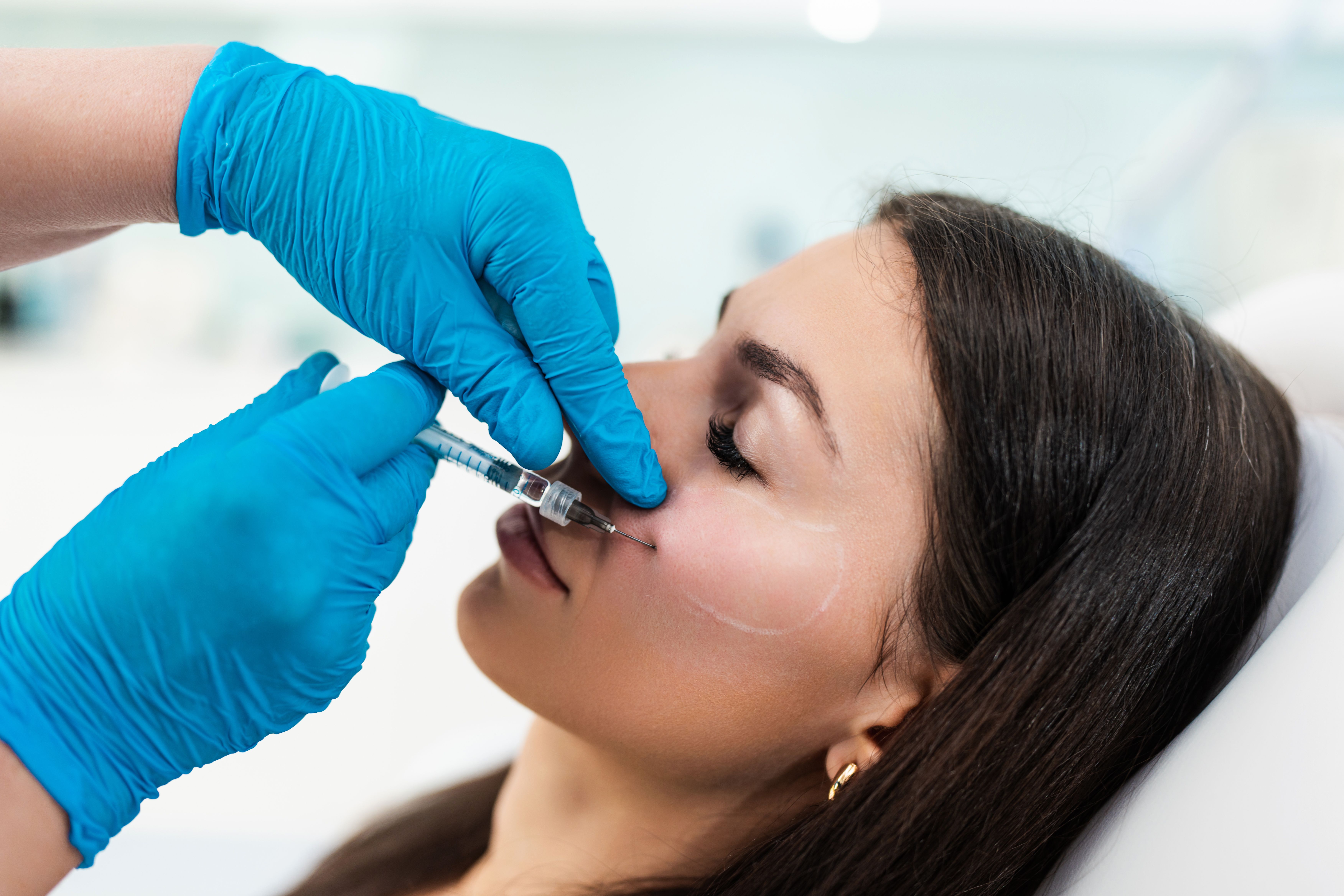- Case-Based Roundtable
- General Dermatology
- Eczema
- Chronic Hand Eczema
- Alopecia
- Aesthetics
- Vitiligo
- COVID-19
- Actinic Keratosis
- Precision Medicine and Biologics
- Rare Disease
- Wound Care
- Rosacea
- Psoriasis
- Psoriatic Arthritis
- Atopic Dermatitis
- Melasma
- NP and PA
- Skin Cancer
- Hidradenitis Suppurativa
- Drug Watch
- Pigmentary Disorders
- Acne
- Pediatric Dermatology
- Practice Management
- Prurigo Nodularis
- Buy-and-Bill
Article
Vanity tax: Does it restrict choice?
National report — A new precedent has been set in the cosmetic surgery industry, but it has nothing to do with surgical results. In September, New Jersey became the first state to enact a vanity tax on cosmetic surgery and Botox injections — a move that lawmakers elsewhere are now seeking to emulate, potentially leaving physicians and their patients at a loss.
National report - A new precedent has been set in the cosmetic surgery industry, but it has nothing to do with surgical results. In September, New Jersey became the first state to enact a vanity tax on cosmetic surgery and Botox injections - a move that lawmakers elsewhere are now seeking to emulate, potentially leaving physicians and their patients at a loss.
"Patients are disappointed about this tax, and many have asked us to reduce our fees to keep the costs for them the same, which we won't do - but this is now part of our patients' expectations," New Jersey-based dermatologist Naomi Lawrence, M.D., tells Dermatology Times. "Other states are following our lead because they see it as a method to make money."
New Jersey's 6 percent tax is projected to raise $25 million a year, and other states are now pursuing the same revenue source. The Illinois state comptroller has proposed a 6 percent tax on cosmetic surgery to create a stem cell research institute; if approved by the Legislature, that measure could go to the voters in 2006.
More imminent is the state of Washington's proposed 6.5 percent sales tax, which would target not only cosmetic surgery but also any procedure that improves appearance, including teeth whitening, hair replacement, Botox injections and chemical peels. That bill is currently under consideration by the state Legislature, which will adjourn this year's regular session on April 24.
Taxing choice? The American Medical Association (AMA) and the American Academy of Dermatology "proactively and vigorously oppose taxes on physician services, physician-owned facility taxes or 'pass-through' taxes on medical services," according to a jointly sponsored resolution passed by the AMA's House of Delegates in December.
The American Society for Plastic Surgeons (ASPS) contends that taxes on cosmetic procedures are unfair and take choice away from clients who may not be able to afford those elective procedures, given the increased cost. But someone with the discretionary funds to pay for cosmetic work would not be deterred by a 6.5 percent tax, contends Washington state Sen. Karen Keiser, D-Des Moines, who proposed that bill.
"I think it's a psychological decision," she says. "Being a baby boomer woman myself, I can understand the need for cosmetic procedures. I believe when you make the decision to have a procedure done you spend time finding the best surgeon and (you) plan the date. You don't make the decision based on the tax rate."
Sen. Keiser says her proposal, which was in the Senate rules committee at press time, would raise an estimated $20 million the first year and $36 million to $38 million over the biennium. The revenue would restore previous funding cuts in children's health services.
The proposal also would cut business and occupation taxes for practitioners by $7.8 million a year, according to the state Department of Revenue.
But the ASPS argues that such taxes make it difficult for women, who comprise 86 percent of those seeking cosmetic procedures. Sixty percent of those planning to have cosmetic surgery within the next two years report an annual household income of $30,000 to $90,000, according to the association, and 40 percent report an income of $30,000 to $60,000 - refuting the assertion that cosmetic surgery taxes affect only the privileged few.
"These are working women who save over time and make hard financial decisions to afford these procedures," says Phil Haeck, M.D., chairman of the ASPS health policy committee. "This tax may take away their choice to have the procedure, due to increased cost."
Tax reduction? If the state of Washington approves the new tax, cosmetic surgeons would actually see a 70 percent reduction in their business taxes, Sen. Keiser says.
But Dr. Haeck questions that assertion.





